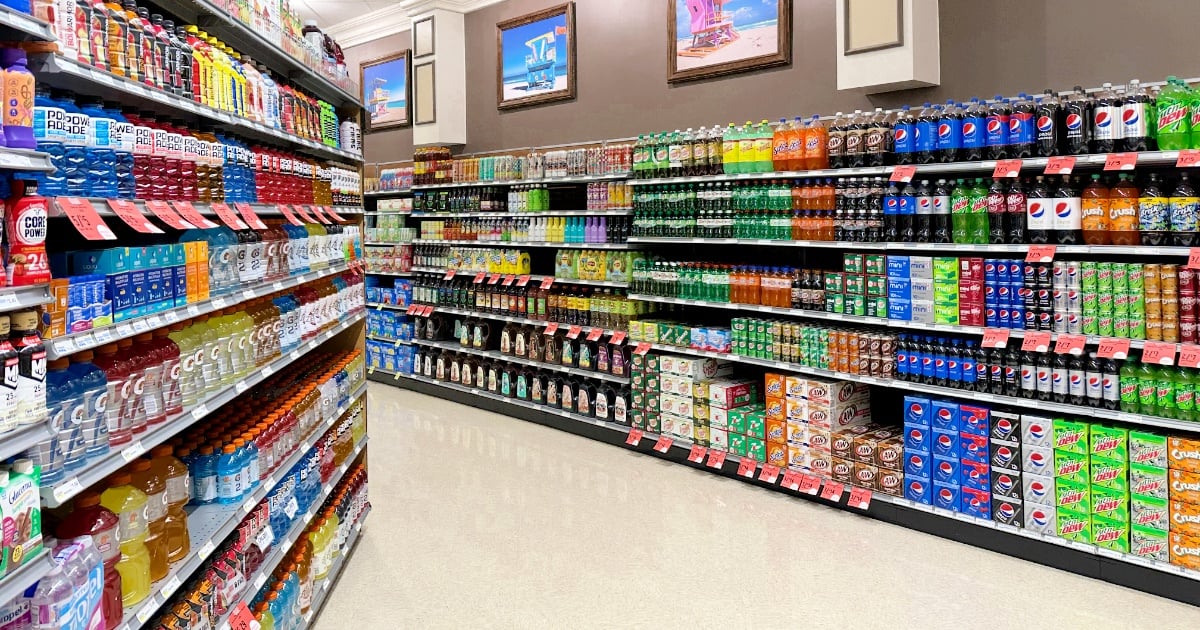The Trump administration is pushing for a ban on using Supplemental Nutrition Assistance Program (SNAP) benefits, formerly known as Food Stamps, to buy junk food. This initiative, which targets sugary drinks, candies, and highly processed foods, is being advocated by new government officials, although previous efforts to implement such changes have faced significant hurdles, according to the Associated Press.
Both the Secretary of Health and Human Services, Robert F. Kennedy Jr., and the Secretary of Agriculture, Brooke Rollins, have expressed their support for this measure. Kennedy has been particularly vocal about the need for the program, which has a budget of nearly $113 billion and serves 42 million Americans—including many Cuban residents in the U.S.—to cease allowing the purchase of "sodas or processed foods."
"The one area where I would say we really need to change policy is the SNAP program, food stamps, and school lunches," Kennedy told Fox News. "There, the federal government is, in many cases, paying for it. And we shouldn't be subsidizing people to eat poison," he added.
Meanwhile, Rollins has committed to collaborating with Kennedy on this issue. "When a taxpayer puts money into SNAP, do they agree with us using their taxes to feed spoiled foods and sugary drinks to children who might need something more nutritious?" she questioned in one of her initial interviews after taking office. "These are huge questions we're going to pose and work on in the coming months and years," she continued.
Challenges in Implementing Change
Despite governmental support, altering the system is not straightforward. SNAP is governed by the Food and Nutrition Act of 2008, which specifies that benefits can be used for "any food or food product intended for human consumption," with exceptions for alcohol, tobacco, and ready-to-eat meals. To limit the purchase of certain items, either a congressional amendment to the law would be necessary, or states would need to obtain waivers to impose restrictions.
However, according to Katie Bergh, an analyst with the Center on Budget and Policy Priorities, various states have attempted to exclude items like bottled water, sodas, chips, ice cream, decorated cakes, and even luxury meats like steak over the past 20 years, but none of these proposals have been approved, regardless of whether the president was Republican or Democrat.
A 2007 report from the Department of Agriculture argued that there are no clear standards for categorizing foods as good or bad. Additionally, it warned that such restrictions would be costly and challenging to enforce and would not necessarily alter the purchasing habits of beneficiaries or reduce health issues like obesity.
A Debate on Autonomy and Nutrition
Supporters of SNAP argue that program beneficiaries do not buy more junk food than other low-income Americans and that limiting their choices undermines their autonomy and dignity. On average, a person in the program receives $187 a month, which amounts to about $6.16 a day, a sum with which they must manage their nutrition.
SNAP continues to be a critical tool in combating hunger in the United States, benefiting millions of people, including many Cuban residents in the country. However, the prospect of modifying its operation faces legislative, administrative, and public perception challenges, casting doubt on whether the Trump administration can implement these changes.
Understanding the SNAP Program and Proposed Changes
What foods are currently restricted under SNAP?
Under SNAP, benefits cannot be used to purchase alcohol, tobacco, and ready-to-eat meals. All other foods and food products intended for human consumption are allowed.
Why has it been challenging to restrict junk food purchases with SNAP benefits?
Restricting junk food purchases through SNAP has been challenging due to the need for congressional amendments or state waivers, and the lack of clear standards for classifying foods as healthy or unhealthy.
What are the potential challenges of implementing new restrictions?
Implementing new restrictions could be costly and difficult to enforce, and may not necessarily change beneficiaries' purchasing habits or improve health outcomes.
